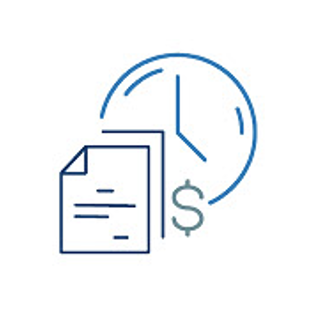
EFFECTIVE DECISION SUPPORT
Great financial planning helps you:
1
Align your company’s strategy and business plans with budgetary realities
2
Hold leaders accountable for their financial performance
3
Manage revenues and control costs to keep stakeholders happy
4
Plan for the unknown (and unexpected) through scenario modelling
5
Stay future proof—with confidence
Forecasting systems hold immense functional value for organizations, providing a strategic advantage by enabling data-driven decision-making and proactive planning.
Accurate Financial & Cash Flow Projections
Forecasting systems generate precise financial projections, helping organizations anticipate revenue, expenses, profitability and helps maintain liquidity, avoid cash shortages, and ensure timely payments to suppliers and creditors. This accuracy is essential for creating realistic budgets and financial plans.
Strategic Planning
Forecasting systems support long-term strategic planning by providing a clear view of future market conditions, competitive landscape, and industry trends. This allows organizations to set realistic goals, prioritize initiatives, and align resources with strategic objectives.
Competitive Advantage
Organizations that leverage forecasting systems gain a competitive edge by staying ahead of market trends and making data-driven decisions. This agility allows them to respond swiftly to changing market conditions and capitalize on emerging opportunities.
Informed Decision-Making
With reliable forecasts, organizations can make informed decisions about resource allocation, investments, and strategic initiatives. Forecasting systems provide insights into future trends and potential outcomes, allowing leaders to make proactive choices.
Performance Monitoring
Forecasting systems enable organizations to track their performance against projected targets. This helps identify deviations, analyze the reasons behind them, and take corrective actions to stay on track.
Competitive Advantage
Forecasting systems streamline various operational processes by predicting future demand, production needs, and resource requirements. This leads to improved operational efficiency, cost savings, and customer satisfaction.